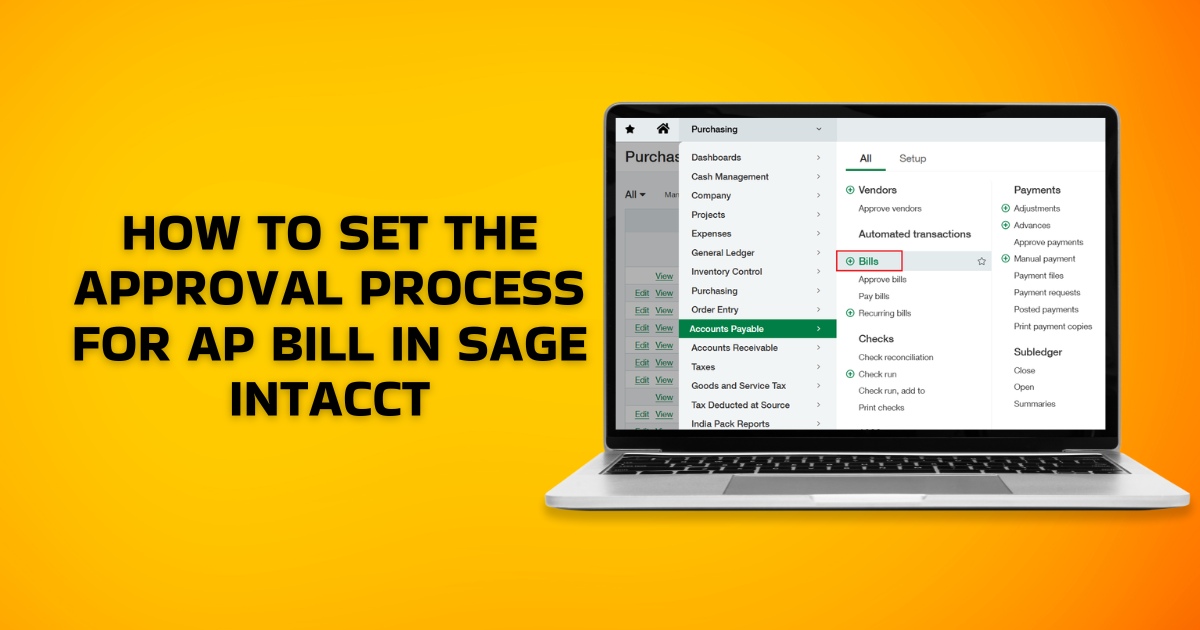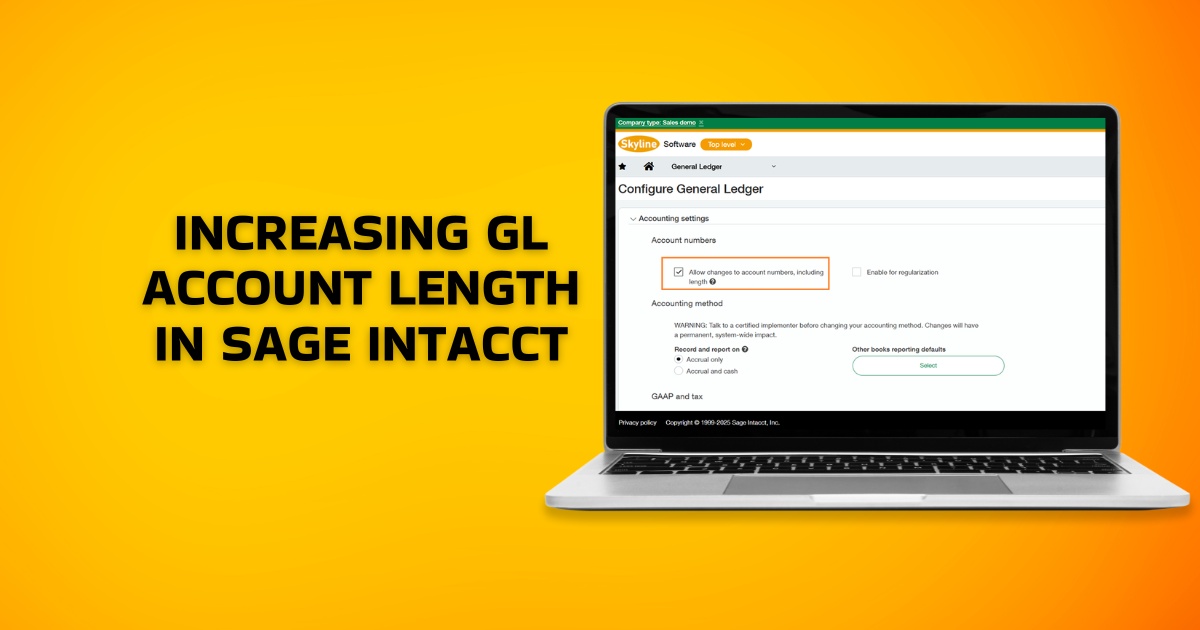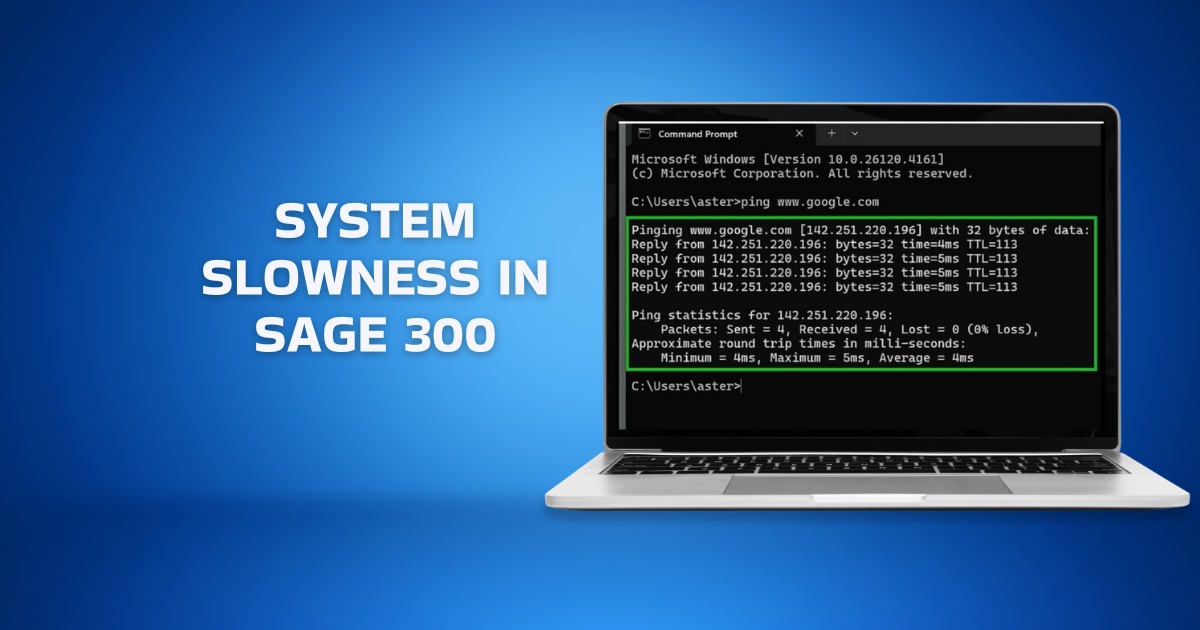Contract lifecycle management is the process of managing contracts efficiently throughout the entire business lifecycle, from creation of contracts to renewals and terminations, with the help of automated contract lifecycle management solutions.
Long-term contracts formed with vendors, customers, employees, and other partners involve many clauses. Under the CLM process, contractual obligations are carefully stored, monitored and fulfilled to generate more value for the business while protecting against risk.
Importance of Contract Lifecycle Management
Besides helping organizations with risk management and compliance, effective contract lifecycle management leads to significant cost savings of up to 45%. As a business scales, more contracts are created. To ensure accuracy, compliance, and save costs, contract lifecycle management automates repetitive tasks and streamlines the entire contract process workflow.
For example, to procure raw materials, purchase managers are involved in making contracts with suppliers, which typically range from 6 months to 1 year. These contracts include pricing, payment and delivery terms, along with other details. Automating procurement tasks by centralizing data simplifies the management of multiple suppliers.
Let’s explore the key benefits of contract lifecycle management:
- Admin efficiency – Managing every contract manually is time-consuming and prone to errors. The CLM process automatically organizes everything in the right order, with scope for future adjustments, leading to significant time and cost savings in contract administration.
- Improved compliance – Centralized data and automated workflows in the ERP software make it simpler to adhere to accounting standards, protecting against risks of non-compliance and avoiding penalties. Further, it safeguards the reputation of the organization.
- Better visibility – Streamlining contract management offers a unified, real-time view of all contracts, enabling improved decision-making. Organizations can easily handle service-level agreements, and understand contractual obligations, pricing and contract performance.
- Financial accuracy – Contract management tells exactly if discounts apply to a customer, and if it does, how much and at what phase of the contract. It ensures there is no revenue loss to the company. As a result, finance teams are better equipped to plan their working capital.
- Avoid disputes – Disputes about contract terms are a common challenge for businesses. However, when everything is transparent and authenticated via digital records in the ERP system, the chances of legal disputes are significantly reduced, strengthening business relationships.
6 Stages of Contract Lifecycle Management Process
The contract management process consists of six different stages. They include contract creation, contract negotiation, contract approval, contract execution, contract monitoring and management, followed by contract renewal and termination.
1. Contract Creation
The contract lifecycle management process begins with contract drafting, where all the commercial terms and conditions are specified. For example, in a sales contract, the scope of customers’ rights is laid out. It includes details about the performance obligation of your organization, along with pricing and payment terms.
2. Contract Negotiation
At this stage, the other party reviews the draft contract. As the draft is open to negotiations, the party can share its feedback and renegotiate the terms. This process significantly benefits from data centralization in the ERP system, as authorized decision-makers can instantly review and make changes, speeding up the contract finalization.
3. Contract Approval
Contracts are approved based on user-defined approval workflows, defining the order in which the contracts will be approved if multiple approvers are involved. For example, if a costly equipment has to be rented for a project, the project manager can remotely give a final approval to the contract using integrated cloud erp software after the project team leader has given a preliminary approval.
4. Contract Execution
At the execution stage, the contract is signed by authorized persons. Whether you use digital or physical signatures, they should be legally valid and verifiable. After signing the contract, the performance obligations are liable to be executed in compliance with the terms agreed.
5. Contract Monitoring and Management
After the execution step, the next step involves ongoing management of contracts, safe contract storage, tracking contract performance through advanced reporting and analytics and making adjustments to ensure that internal stakeholders adhere to the agreed terms.
For example, a sales contract utilizing the CPQ process must lead to maximum revenue while ensuring customer satisfaction. Similarly, the procurement process must ensure that vendors are delivering on their promise of raw material quality and pricing terms.
6. Contract Renewal and Termination
This stage deals with end-of contract management to decide if the contract has to be renewed after renegotiating terms if necessary. ERP solutions with contract management tools send renewal alerts to contract managers. If not renewed, the contract is formally terminated after fulfilling the remaining obligations and ensuring all final settlements are done to ensure audit compliance.
Summing Up
Contract lifecycle management allows to centralize all contract data, improving transparency and allowing stakeholders to collaborate in real time. Further, it enables seamless negotiation and amendments by minimizing paperwork and administrative tasks.
Simplify your contract management process with Sage X3 ERP which allows you to efficiently manage different contract types, from purchase, lease to sales and service contracts. With strong reporting capabilities, Sage X3 enables you to gain insights into contract performance, compliance and profitability to improve decision-making.
FAQ of Contract Lifecycle Management
1. What Is The Meaning Of Contract Lifecyle Management (CLM)?
Contract lifecycle management (CLM) refers to the process of automating contract management throughout its lifecycle, from contract creation, negotiation, approval to contract renewal and termination, in order to improve efficiency and compliance.
2. How Should You Choose A CLM For Your Business?
Choosing a CLM solution starts with identifying current business challenges such as the risk and complexity involved in contract execution. Then, look for a system that can seamlessly integrate with your existing ERP and CRM for smooth inter-system communication. Finally, monitor key metrics to observe CLM performance and make adjustments as needed.
3. How Does A CLM Software Work?
CLM (Contract Lifecycle Management) software enables automation of contract process, from template authoring, contract creation to approval and monitoring. By bringing entire contract data to a centralized platform, contract management software improves overall administration efficiency while ensuring regulatory compliance.






